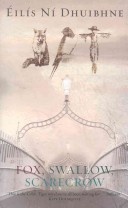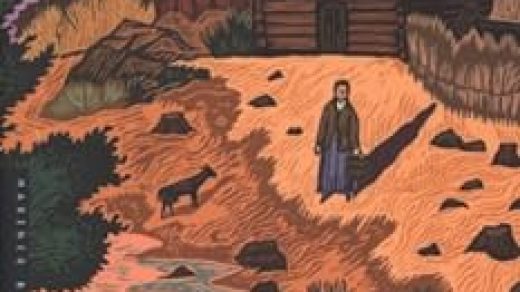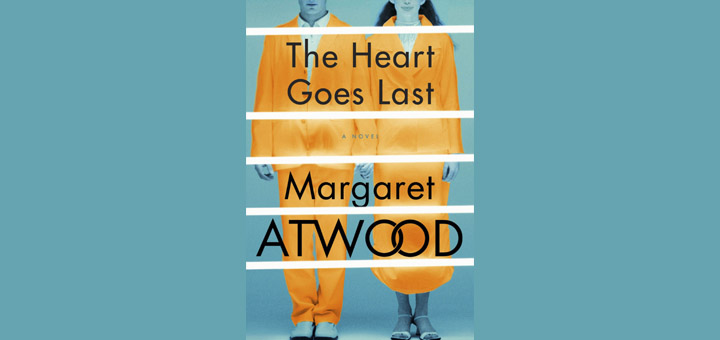
From the new glass bridge which spanned the inscrutable waters of the Grand Canal, the tram purred downhill and glided gently into the heart of the city.
It was the opening of this book that persuaded me to buy it. The way Ní Duibhne pokes fun at that certain class of Dublin people. It made me smile, but because I knew that there really are people who think that way. Or at least there used to be, now with the demise of the Celtic Tiger maybe there are less of them than there once were.
Travelling by tram, at least on the Green Line, had a bit of cachet. Being seen on it was not necessarily a bad thing, whereas being seen on a Dublin bus, even a most respectable bus like the 7 or the 11, was an abject admission of social and economic failure. Only the young, the old and the poor used the bus. But any successful citizen in the prime of life could travel on the Luas, confident that neither their reputation nor self-esteem would be tarnished: doctors and architects, solicitors and designers, all used it, at least at weekends.
In the beginning I really enjoyed this book. It is very readable, the characters are engaging although not always sympathetic or remotely likeable, and its always fun to poke fun at the “literary scene”. But despite all the positives I really don’t think it worked as a novel. Very very funny in parts, but the storylines never really came together with any real sense of purpose. I’m not sure what Ní Duibhne was trying to achieve. On one level it is a satire about Ireland and the Celtic Tiger and the pretentiousness of people. And it makes some very smart points. Especially about the role of women. And how little things can grow into larger issues.
“When will dinner be ready?” he asked.
Sometimes this question, put to her at a time like this, when she had just walked in the door, irritated her profoundly and provoked an angry rejoinder. Although she had been married to Alex for many years, she could still not understand why he could not cook, not even to the extent of putting a pizza in the oven, or why he accepted it as normal that she should make all the decisions and execute or arrange for the execution of every single household task.
Of course I’ve never read Anna Karenina so I’m missing out on those allusions, but I don’t think I’m losing a whole lot of the point of the novel. Simply because there doesn’t really seem to be one. If it is satire does it have a point? Or is it just about holding up a mirror?
Despite all that negativity I did enjoy the book. Very readable and very funny. As I’ve already said. But the ending… It just didn’t work for me. It just reinforced all the negatives about the book. It came out of nowhere and just didn’t make sense. Which is a pity, I think that if the ending had been stronger it could have made this into a much better book.




yeah, its a real pity when novels do this. you wonder how the author let it all slip?
or, if they didn't, then what the point of it all was?
I just think she didn't have an ending. Or maybe she tried to stay too in line with Anna Karenina?
Since a strong sub theme of the novel was the random destruction of people by speeding drivers – a metaphor for the carelessness of the Celtic Tiger power holders – the ending makes perfect sense. It reversles the Anna Karenina ending – in that novel, Anna K is beheaded by a train as a punishment for being a 'bad woman' (subliminally this is what the novel is saying, however much sympathy Tolstoy had with her). In Fox Swallow Scarecrow, the good woman gets run over, accidentally, while Anna survives. That's the way it is! Not as neat as Tolstoy would like us to believe.
So maybe I should have read Anna Karenina after all!